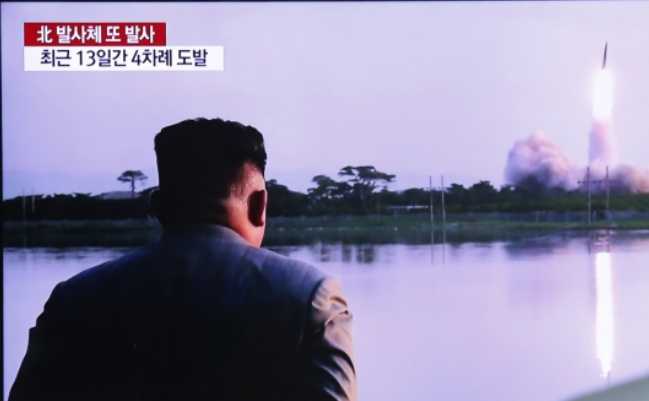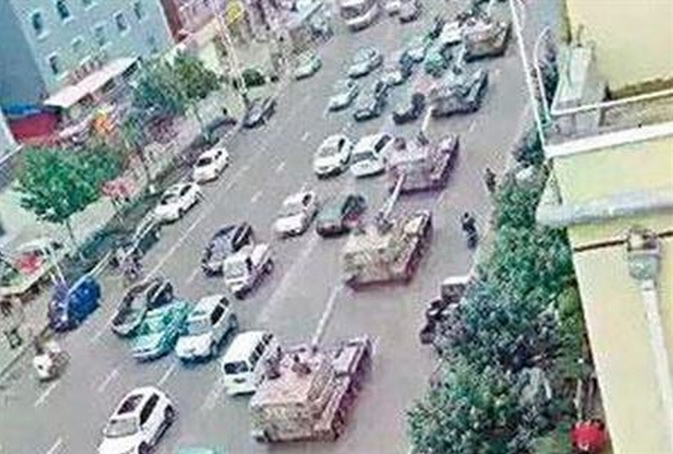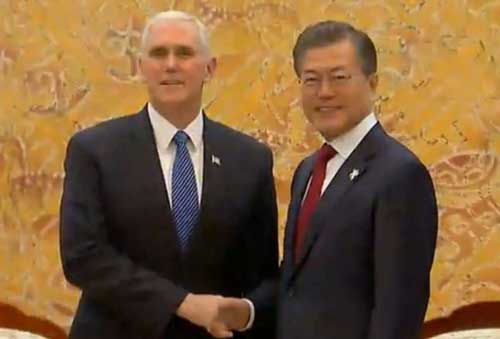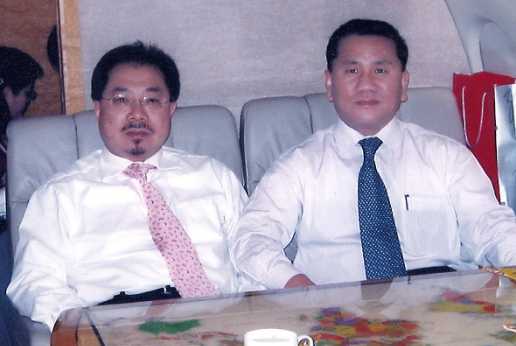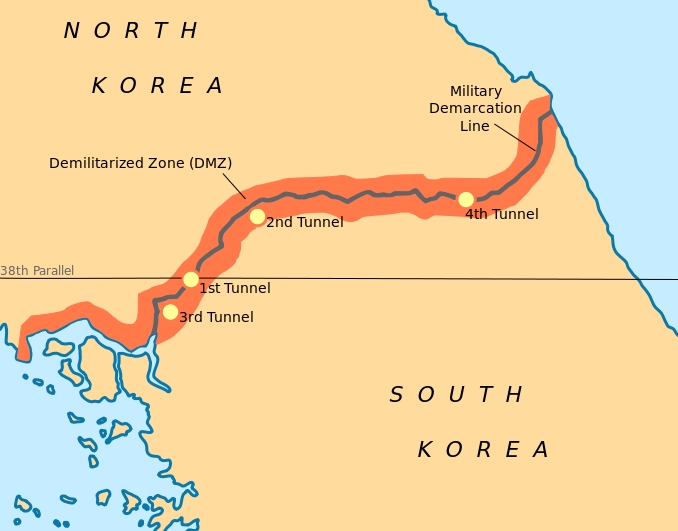
SEOUL—U.S. defense officials say annual drills by American and South Korean military forces were halted temporarily to avoid contributing to a dramatic increase in tensions between North and South Korea – a dispute that prompted Pyongyang to declare it is in a “quasi-state of war.”
North Korea routinely condemns the allies’ annual military exercises and frequently says they amount to a declaration of war against the communist state, but the joint drills usually continue as scheduled.
This week, however, the U.S. assistant secretary of defense for Asian and Pacific affairs, David Shear, said drills were suspended Thursday, after North and South Korea exchanged artillery fire near their border. Since then, Shear said, the military exercises have “resumed as planned,” with the U.S. continually monitoring heightened tensions on the Korean peninsula very closely.
North Korean leader Kim Jong Un placed his military forces on high alert Friday and said front-line North Korean units would “enter a wartime state” within hours.
Pyongyang made similar declarations during tense periods of bilateral relations in 2010 and 2013, and on other occasions. The two countries have always been technically in a state of war, because the 1950s truce that ended their conflict never became a formal peace treaty.
North Korea has also threatened to take military action against the South unless Seoul removes loudspeakers along the border that have resumed broadcasting anti-Pyongyang propaganda after a lull of 11 years. South Korea has vowed to continue the broadcasts.
No ’empty words’
In Beijing Friday, North Korea’s ambassador to China repeated his government’s demands and said North Korea is a country of action, not words.
The ambassador dismissed as irrelevant a reporter’s question about China’s view of the Korean Peninsula confrontation. “If the enemy ignores our warning it is inevitable that there will be action,” he added. “Our army does not use empty words.”
Thursday’s violence began when North Korea fired shells at South Korean military positions along their western border. The South answered with volleys of dozens of 155-millimeter artillery rounds. No damages or casualties were reported, and it appeared most shells fell in the four-kilometer-wide demilitarized zone, or DMZ, separating the two Koreas.
Seoul accused Pyongyang of planting landmines that exploded this month near the border, wounding two South Korean soldiers. That incident appeared to have sparked the resumption of propaganda broadcasts into the North.
South Korea raises military alert level
South Korea has raised its military readiness alert to its highest level, Jindogae 1, indicating immediate danger, imminent attack or invasion. President Park Geun-hye met with her National Security Council and also visited an army headquarters south of Seoul.
Korea analyst Daniel Pinkston, of the International Crisis Group in Seoul, told VOA neither side wants war, but also feels it is impossible to back down.
“I think that both sides want to avoid a high intensity conflict, but nevertheless there’s a possibility of miscalculation and inadvertent escalation,” Pinkston said.
Youmi Kim in Seoul, Bill Ide and Fred Wang in Beijing, and William Gallo and Jeff Seldin in Washington contributed to this report.
[content id=”18651″]

